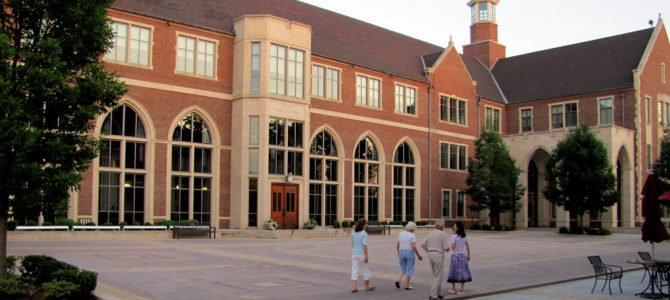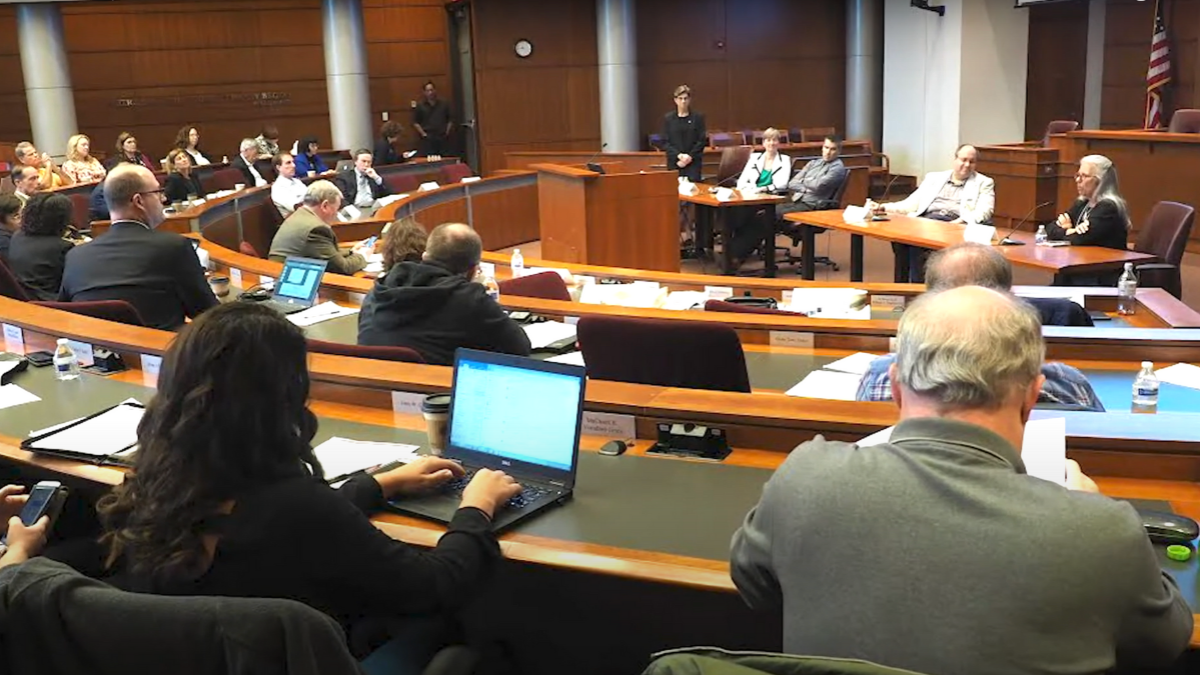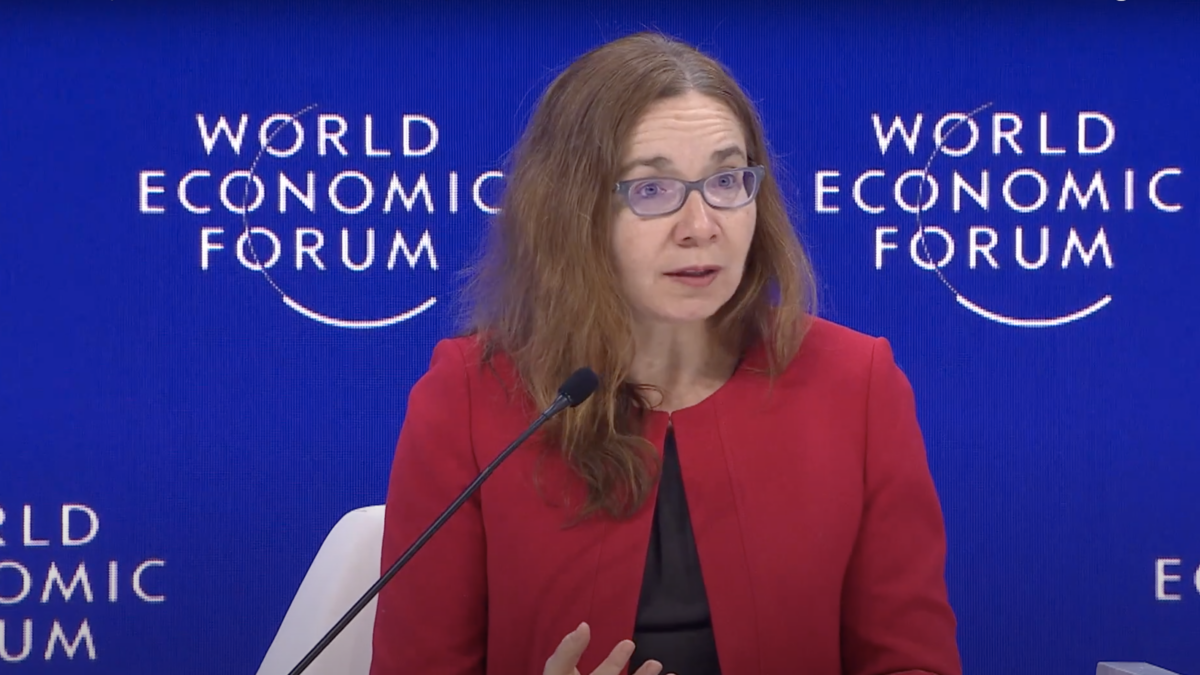
Life is not easy for conservatives at liberal universities. Some are finding that attending such schools is no longer worth the trouble.
Lexie Kaufman recently decided to transfer from Emerson College, which she considered her dream school, because of the harassment she faced as a conservative surrounded by liberals. Her views were known thanks to posts she had written for The Odyssey Online, and later, because of a photo she posted with Milo Yiannopoulos. In an interview with The College Fix, Kaufman said, “I walked into this school not being liked by a lot of people, getting nasty stares, [and] getting weird comments on my whiteboard on my door.”
Kaufman left campus for a week after being called a white supremacist and receiving hateful comments in response to the photo she posted.
It’s time to ditch the ideas that a college that does not share your values is worth attending, and that it’s a good thing for parents to pay for a school that will strive to undo the work they have done to instill their children with good values.
Year after year, many conservative students choose to pursue higher education at institutions that do not share their values. Many of these institutions will try to destroy their political, religious, and moral beliefs. They are often successful.
Some conservative students at liberal schools are concerned about tuition or the effects of a diploma from a big-name university. Others think they can make a difference and survive the inevitable backlash, or they simply want to explore more ideas outside of their conservative thinking. A further look at each of these objections, however, show it remains true that students should not sacrifice their values for their degree.
1. Conservatives Are More Open-Minded than Liberals
Isn’t this just isolating ourselves according to our politics? Will conservatives be unexposed to liberal ideas and unprepared to deal with them?
Conservatives, the answer is not to embrace a safe space culture of your own, separating yourselves from liberal opinions. If you value open discourse and a diversity of opinions, you should look for a school that also values these. A good college will accept challenges to its beliefs, but not accept violence as a response to speech. It will encourage its students to think about and defend their convictions, not work to tear them down and silence contrary opinions.
Exposure to liberal ideas is inevitable. Just because your professors may not be liberals doesn’t mean that you won’t hear liberal ideas. They’re impossible to avoid in everyday life, even on a more conservative campus. (The same cannot be said of liberals regarding conservative arguments.)
Students should be exposed to the other side in a fair manner, and their professors should help them learn to evaluate these arguments and respond, before they get into the real world and may have to do it alone. A quality education will certainly involve critical thinking skills.
Surround yourself with people, especially educators, who share your values, but don’t isolate yourself from those who don’t.
2. Don’t Throw Good Money After Bad
My tax dollars paid for a university in my state, so why shouldn’t I benefit from the subsidized tuition?
Just because you or your parents have been required to subsidize a college you don’t agree with does not mean you should give them any more money or any of your time. Conservatives should stop funding the leftist campus culture. And it is of no benefit to you to spend four years on a substandard, politicized curriculum. Surveys have actually found that graduating seniors at what are considered the nation’s “best” colleges know less about American history, government, and economics than they did when entering as freshmen. Employers’ complaints about the poor quality of college graduates have persisted for years. You are neither benefitting yourself nor the country by throwing good money after bad to study at a typical university, regardless of how “cheap” it is.
The University of Missouri is a perfect example of how refusing to attend a politicized school can have an impact. After many student protests, enrollment has dropped so drastically that the school has been forced to close several dormitories. This has sent a message to universities across the country of the dangers of letting rioters run campus.
Similarly, enrollment has decreased at Evergreen State College so much that it may lose its federal funding. Students protested after a professor objected to a “day of absence” event in which white students were encouraged to avoid campus. According to an editorial in the Seattle Times, “[Evergreen] is the only state four-year higher education institution to see enrollment drop steeply since 2011 despite wide-open admission standards. At about 4,080 students, it is about 300 students short of the Legislature’s funded enrollment target.”
Students and parents, if you are not happy about the extremism and the protests that engulf college campuses across the nation, stop giving them more money. You can make a difference.
3. You Can’t Represent Ideas If Your Campus Represses Speech
Isn’t it a good thing to have conservatives fighting for their values on liberal campuses?
It’s no secret that many colleges are becoming more extreme and even dangerous in enforcing leftist views. Conservative professors and student groups are silenced, speakers are met with protests and violence (or uninvited), and diversity of thought is increasingly suppressed. Maybe there was a point where conservatives could make a sizable impact on campus, but it’s getting harder and harder to be heard. And if you’re a student at a liberal college, your tuition is funding constraints on your ability to speak and learn.
In addition, many students are not as strong in their convictions as Kaufman is. They may enter college as inexperienced 18-year-olds, perhaps a bit sheltered, never having had to defend their beliefs against an intellectually armed person who disagrees. When they hear their professors mocking their ideas and classmates challenging their values, they may find it difficult to hold firm to what they believe, especially if they do not fully understand why they believe it.
Too often, students abandon their religious faith or embrace the unreasonable extremism found in the university. Perhaps they or their parents hope that their presence will make a positive difference on campus, and sure, it can. However, this chance is not worth the risk of being persuaded by a side that does not tell the whole truth, or of receiving hateful backlash whose aim is repression rather than education.
It’s not a matter of conservative students becoming aware of liberal beliefs and changing their minds. It’s good to hear the other side, and if the other side is right, it’s good to be persuaded. But liberal colleges are rarely willing to fairly depict the conservative perspective, and young conservatives may not know how to respond to unfamiliar arguments. They find themselves attacked and often overwhelmed, especially since their views are isolated.
4. High Rankings Are Not Important. Your Soul Is
Isn’t the prestige of a big name school important for my career?
Success is not dependent on which college you attend. Your success is based on yourself and what you can achieve. Employers don’t care how prestigious your alma mater is, and neither should you.
“Today, whether you go to college retains some importance in your employment options,” Michael Bernick wrote in Time in 2014. “But where you go to college is of almost no importance. Whether your degree, for example, is from UCLA or from less prestigious Sonoma State matters far less than your academic performance and the skills you can show employers.”
Bernick cites several studies demonstrating that factors such as earnings and job satisfaction do not vary greatly among students who graduated from prestigious schools and those who did not. He writes:
Research on the impact of college selection has focused on comparing the earnings of graduates of different colleges. In 1999, economists Alan Krueger and Stacy Berg Dale published a widely read study that compared the earnings of graduates of elite colleges with those of “moderately selective” schools. The latter group was composed of people who had been admitted to an elite college but chose to attend another school.
The economists found that the earnings of the two groups 20 years after graduation differed little or not at all. A larger follow-up study, released in 2011 and covering 19,000 college graduates, reached a similar conclusion: whether you went to Penn or Penn State, Williams College or Miami University of Ohio, earnings were unaffected. It’s the person who earns the money, not the college education.
Bernick goes on to explain that his own research, which he conducted with U.S. Bureau of Labor Statistics regional commissioner Richard Holden, has determined that job skills, problem-solving abilities, and the ability to work in a team matter to employers far more than a degree.
It doesn’t matter how highly-regarded a school is: if it doesn’t share your values, it’s not worth attending. Don’t spend years suffering through hate or indoctrination for the sake of a degree, no matter how prestigious the source may seem. The right college for you is one that, in giving you a quality education, will help you more deeply understand and communicate your faith and political principles.









